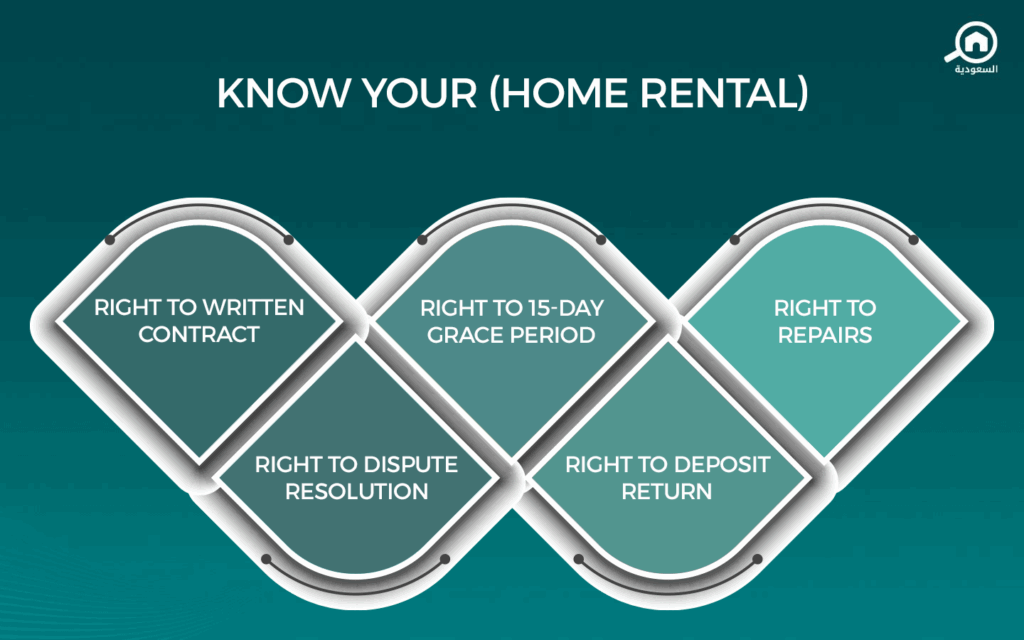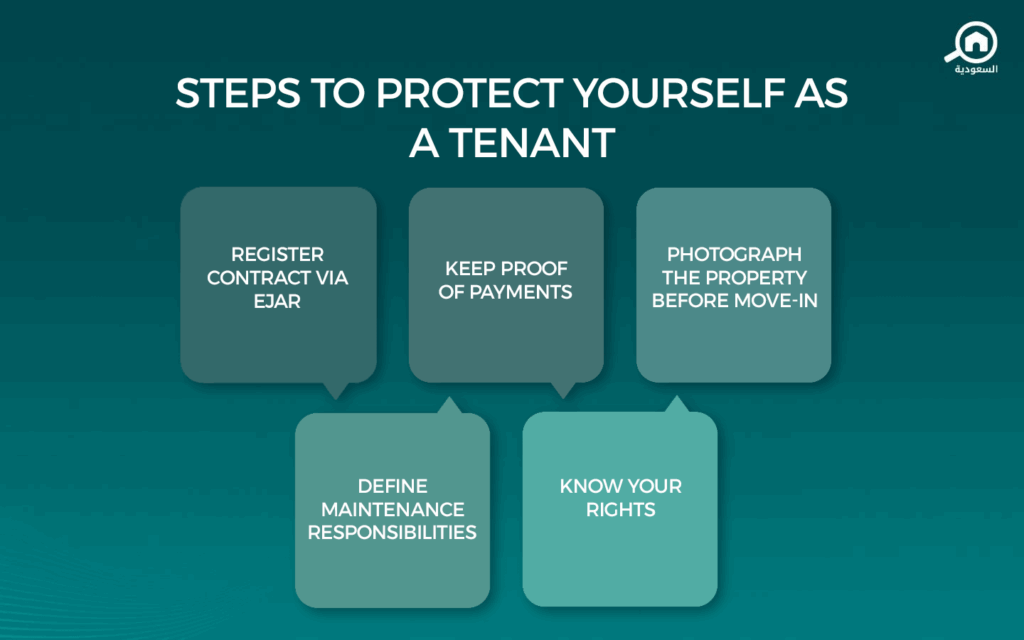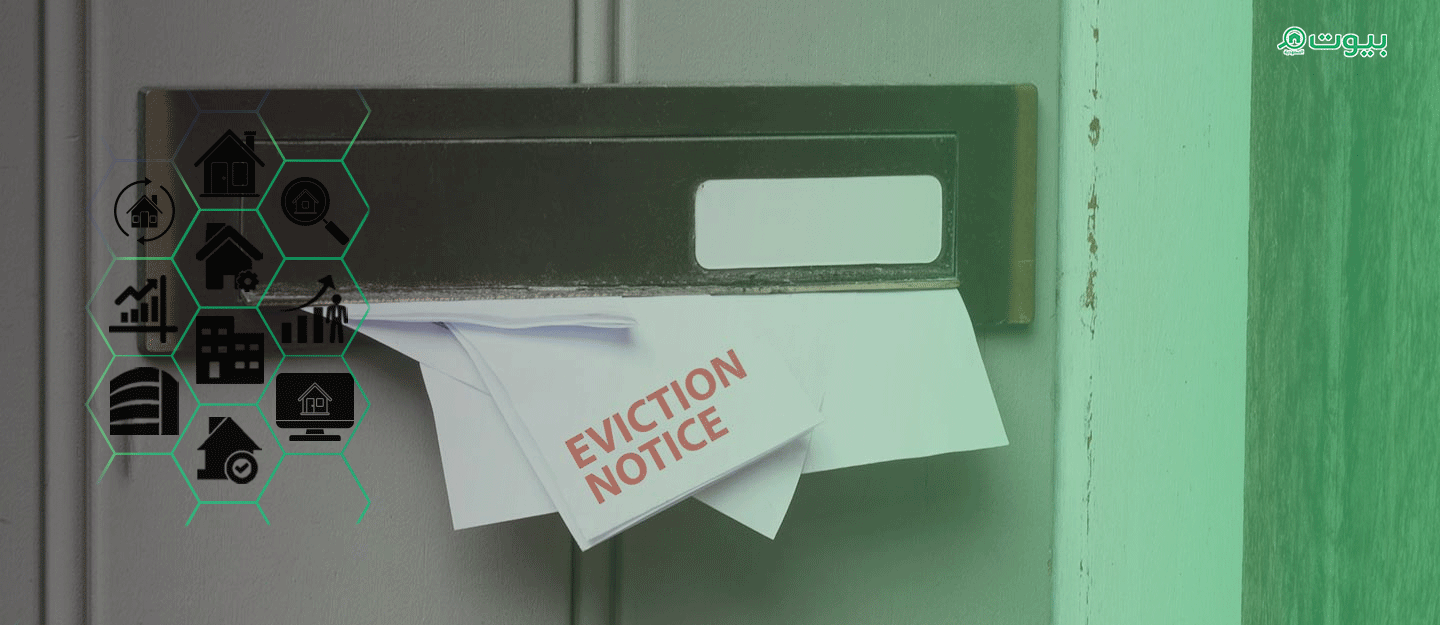Tenant Issues in Saudi Arabia are becoming increasingly important as the rental market expands and more residents seek long-term housing. Whether you’re a local or an expat, understanding your rights and the common pitfalls can protect you from trouble.
In this article, we’ll explore some of the major problems tenants face in the Kingdom, legal frameworks around rent, and how to avoid disputes with landlords. Let’s go!
Major Problems Faced by Tenants in Saudi Arabia
Tenant Issues in Saudi Arabia are often recurring. The most common problems include:
- Unexpected rent increases without prior notice
- Poor maintenance response from landlords
- Lack of clarity in rental agreements
- Difficulty recovering security deposits
- Unclear procedures for eviction or lease termination
These challenges are more likely to arise when the lease is not registered through the official “Ejar” system, which the Ministry of Municipal and Rural Affairs and Housing mandates for rental contract authentication.

With Ejar Contract | Without Contract |
|---|---|
With Ejar Contract Legal protection | Without Contract Limited rights |
With Ejar Contract Registered payments | Without Contract Hard to prove payment |
With Ejar Contract Access to courts | Without Contract No dispute resolution |
Quick Tips for Tenants to Avoid Issues
To minimize potential conflicts, tenants should:
- Always insist on a written and Ejar-registered contract
- Clearly define maintenance responsibilities in the lease
- Document the property’s condition before moving in
- Keep proof of all rent payments and communication with the landlord
- Understand the lease renewal and termination clauses
Following these tips helps ensure that both parties are protected under Saudi tenancy law. Read more on this subject in our article on Eviction of Property in Saudi Arabia – What Landlords and Tenants Need to Know.
One of the Biggest Tenant Issues in Saudi Arabia : Rental Problems Without a Contract in Saudi Arabia (2025)
In 2025, operating without a formal lease in Saudi Arabia places tenants at greater risk. Problems include:
- Difficulty proving tenancy rights
- Lack of legal protection against eviction
- No access to rental dispute resolution platforms
Tenant Issues in Saudi Arabia aren’t just faced by renters; landlords are also at risk if disputes arise, which is why both parties are strongly encouraged to use the Ejar system for legal accountability.
What Are the Most Common Rental Disputes in Saudi Arabia?
Common rental disputes in Saudi Arabia include:
- Non-payment of rent
- Failure to return security deposits
- Early termination by either party
- Delays in maintenance or repairs
- Unauthorized rent increases
The Rental Dispute Resolution Committees under the Ministry provide an official channel to address these issues, especially when contracts are properly registered. As someone navigating Tenant Issues in Saudi Arabia, it’s good to go back to official entities to ensure your rights.
When Does a Landlord Have the Right to Evict a Tenant in Saudi Arabia?
A landlord may evict a tenant under several conditions, including:
- Non-payment of rent
- Using the property for illegal activities
- Damaging the property
- Violating terms of the lease
However, eviction must follow legal procedures, typically after issuing formal notice and obtaining a decision from the rental dispute committee.
Read more: Tenant Eviction Request via Najiz – A Complete Guide for Landlords in Saudi Arabia.

What Is the Penalty for Not Paying Rent in Saudi Arabia?
Tenants who fail to pay rent may face several penalties:
- Eviction orders from rental courts
- Court-mandated repayment of overdue rent
- Possible fines or legal fees
Using the Ejar system ensures that payment defaults are documented and can be referred to in court if needed.
Another Question When Navigating Tenant Issues in Saudi Arabia is ” What Is the Allowed Delay Period for Rent Payment? “
The delay period is usually specified in the lease agreement. However, under most standard Ejar contracts, tenants are given a 15-day grace period before further action can be taken. After that, landlords can begin formal proceedings if payment remains pending.
Avoiding Tenant Issues in Saudi Arabia Comes with Knowledge
Tenant Issues in Saudi Arabia can be stressful, but understanding your rights and responsibilities is the first step toward securing stable housing. By using official systems like Ejar, maintaining clear contracts, and staying informed about your obligations, you can avoid most of the common rental disputes.
Be sure to follow My Bayut to stay updated with Saudi Arabia’s real estate market, trends, and more.





